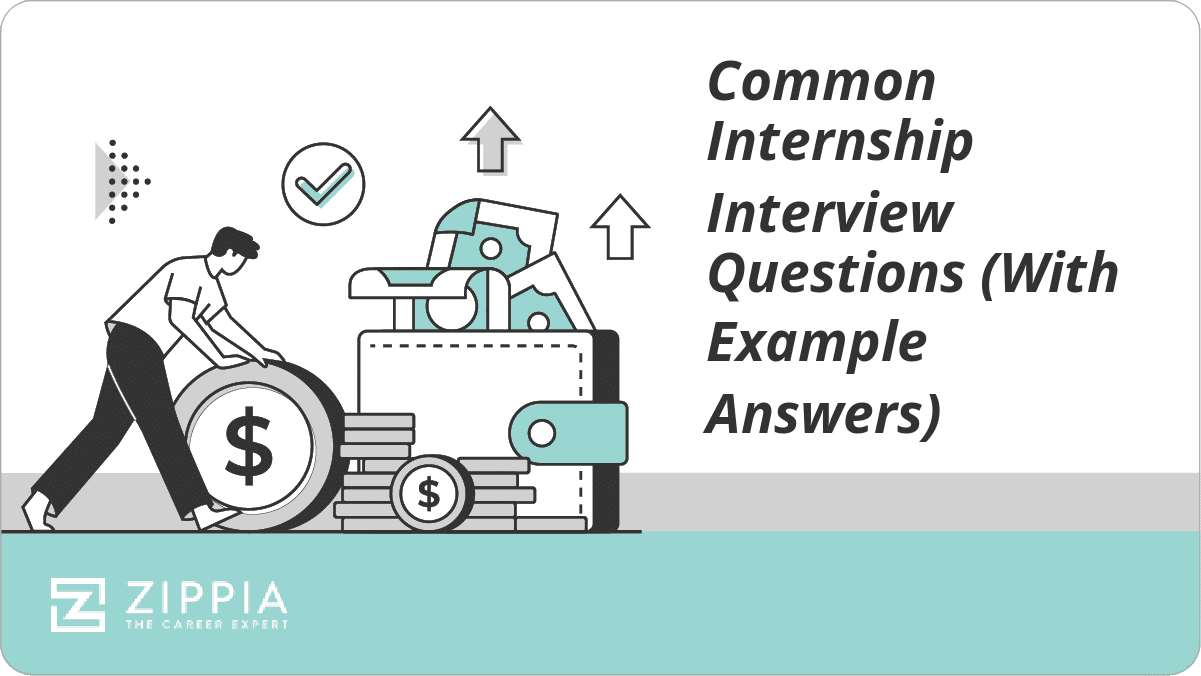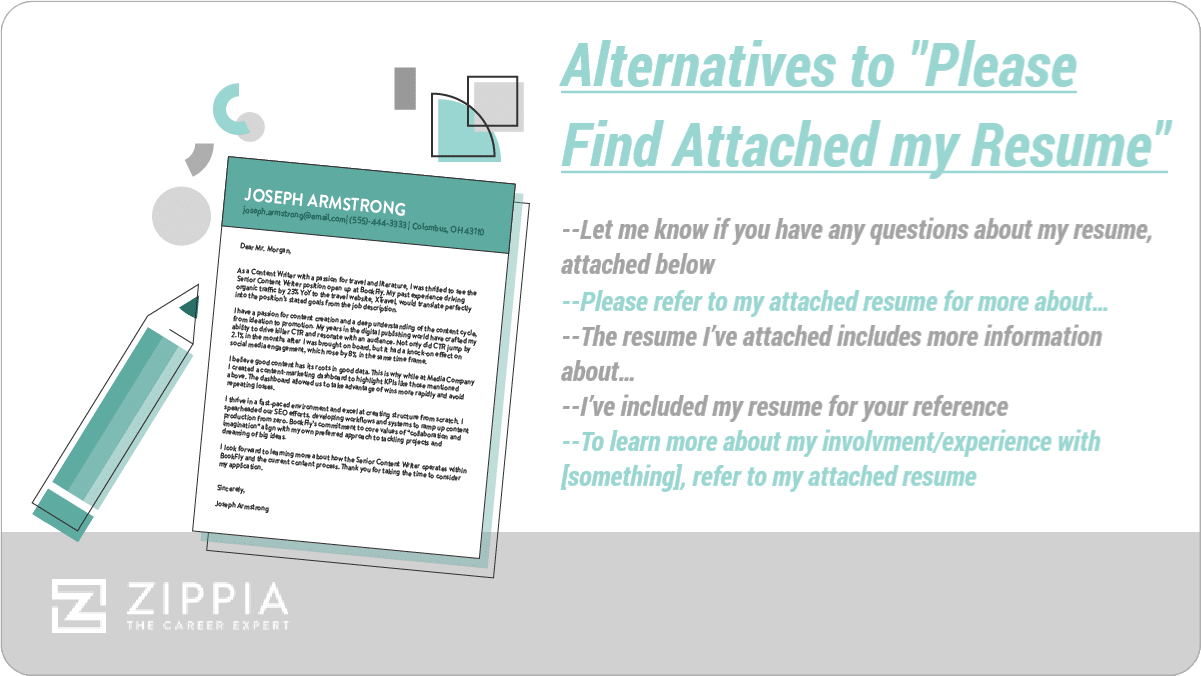- Office Etiquette
- Office Etiquette
- Dating A Coworker
- April Fools Pranks For Work
- How To Be A Good Employee
- Pet Peeves List
- How To Write A Project Proposal
- Qualities Of A Good Worker
- How To Get Along With Your Boss
- What Engaged Employees Do Differently
- What To Say Instead Of Sorry
- How To Send A Friendly Reminder Email
- How To End A Conversation
- Sorry For The Delay
- Tattoos In The Workplace
- Sorry For The Late Reply
- How To Respond To A Compliment
- New Employee
- How To Introduce Yourself Professionally
- Welcome New Employee Announcement
- Welcome Letter
- Thank You Note To Colleague
- 30/60/90 Plan
- Getting To Know You Questions
- Job Satisfaction
- Team Building Activities
- At Will Employment
- Company Culture
- Corporate Culture
- How To Succeed At Your New Remote Job
- How To Prepare For New Job Orientation
- How To Create An Employee Handbook
- Hostile Work Environment
- Hostile Work Environment
- How To Deal With A Difficult Coworker
- What Is Human Resource Development (HRD)?
- I Hate My Job
- Burnt Out At Work
- Condescending Coworker
- Sexual Harassment In The Workplace
- Work Environment
- My Job Sucks
- Favoritism At Work
- Respect In The Workplace
- Wagner Act
- Documentation In The Workplace
- Unconscious Bias
- Ageism
- What To Do When You Feel Unappreciated At Work
- How To Respond To A Warning At Work
- How To Deal With A Passive Aggressive Coworker
- What To Do When You're Unhappy At Work
- I Hate My Boss
- Gaslighting Boss
- Signs You're Underpaid
- Insubordination At Work
- Missing Work
- Communicating
- Send Retirement Wishes
- Write A Congratulations Email
- Professional Voicemail Greeting Examples
- Made A Mistake At Work
- Google Tricks
- Appeal Letter
- Employee Morale
- How To Write A Professional Email
- Out Of Office Message
- Small Group Icebreakers
- Memo Format
- Memo Examples
- Cell Phone At Work
- Meeting Minutes
- Communication Barriers
- How To Take Notes
- How To Brainstorm
- Ask For A Mental Health Day
- Transfer Request Letter And Email Examples
- How To Write A Business Proposal
- How To Deal With A Lazy Coworker
- How To Write A Rejection Letter
- How To Say No
- Scheduling
- Personal Goals
Find a Job You Really Want In
Sorry to say, but saying sorry at work is a trend of the past.
If you are one of the many working professionals who find themselves over apologizing at work, there are many tips and tricks you can follow to stop excessively saying “I’m sorry” in the workplace.
While there are plenty of occasions where a heartfelt apology might be necessary, research shows that professionals in all industries, especially women, say sorry at work unnecessarily. Whether it’s to fill an awkward silence, interrupt a coworker, or apologize for an error, professionals are saying sorry at work at unprecedented rates.
For many employed people across the nation, saying sorry comes more easily than saying thank you, taking responsibility, or offering criticisms in their workplace. Studies suggest that employees are more inclined to say sorry as a means of avoiding conflict or admitting fault, showing empathy and compassion, and being considerate and sincere.
Although saying sorry has become like second nature to many working professionals, over apologizing can be seen as ingenuine and even make you come across as nervous, hesitant, or uninformed.
By limiting the amount of “I’m sorry”s you say at work and reserving apologies for an expression of sympathy or instances where you are truly sorry or remorseful, you’ll be seen as more confident, knowledgeable, and productive at work which can directly affect your career development and professional growth.
10 Tips to Stop You From Over Apologizing at Work
To help keep you at the top of your game and stop excessively apologizing at work, we’ve rounded up the top ten tips you should follow to help you be successful and find other words to say instead of “I’m sorry” while on the job.
By using the tips and examples below, you’ll be well on your way to entirely cutting out “I’m sorry” from your vocabulary while at work.
-
Find ways to replace “I’m sorry” with “thank you.” One of the best ways to stop over apologizing at work is to say “thank you” in place of “I’m sorry.” By making this small change and finding ways to thank your coworkers or supervisors whenever you feel the urge to apologize, you’ll come across as strong and successful at work.
Thanking your colleagues and clients instead of apologizing to them is a great tool to help you avoid saying “I’m sorry” at work. Still, it’s important to be aware of what, exactly, you’re thanking them for and be sure to do so without discrediting or patronizing yourself.
Example 1: If you’re responding to an email a few days later than you should have or you’re running late for an important meeting, instead of saying “I’m sorry for the delay,” try saying, “Thank you for your patience.”
Example 2: If you made a mistake in a report or a presentation, instead of saying “I’m sorry for the error,” try saying, “Thank you for pointing that out to me. I’ll have it fixed right away.”
-
Use actions instead of words. Have you ever heard the saying, “Actions speak louder than words?” Well, the same is true when it comes to saying “I’m sorry” in the workplace. Instead of over-apologizing at work, which can come across as excuse-making and unprofessional, use actions to correct mistakes and show compassion and drive.
Example 1: If you made a calculation error or misrepresented something in an important report or reputation, instead of saying “I’m sorry,” try taking responsibility and using immediate corrective action instead.
Example 2: If you disagreed with a coworker, instead of turning to “I’m sorry,” try rectifying the situation with actions instead of words. Some great ways of doing this are by bringing your coworker coffee or going out for lunch together.
-
Focus on resolutions. Focusing on resolutions instead of conflicts will help you avoid saying sorry while on the job. By focusing on the end goal or resolution, you’ll be able to better manage issues and conflicts that arise at work, clearly articulate your desires, and get back to work more quickly than if you had simply reverted to an empty apology.
Example 1: If your boss changed your work schedule out of the blue, instead of saying, “I’m sorry, but that schedule doesn’t work for me,” try proposing an alternate schedule that works for you and reinforcing your commitment to getting the job done.
Example 2: If an important presentation didn’t go the way you hoped, instead of saying, “I’m sorry I wasn’t prepared for the presentation,” try explaining exactly what you’re going to do to fix it.
-
Be thoughtful with your words. So often, people say “I’m sorry” at work simply because they feel uncomfortable or don’t know what else to say. By thinking about what, exactly, you’re apologizing for and if it’s appropriate to say “I’m sorry,” you’ll avoid excessively dishing out empty and meaningless apologies at work.
Being thoughtful with your words — and only apologizing when you’re seeking forgiveness, sending sympathy messages, or you have done something wrong and are deeply sorry — will help you avoid unnecessary “sorry”s at work.
Example 1: If you’re tasked with public speaking while at work, try to avoid saying “I’m sorry” if you pause or stutter during your speech or presentation. It’s never a good idea to apologize simply to fill the empty air. Instead, keep your head up and remain confident by simply continuing your presentation.
-
Take responsibility. Taking responsibility for your actions can help you avoid having to apologize at work. By immediately taking responsibility for any errors or mistakes you may have made, you’ll steer clear of bigger conflicts down the road and won’t find yourself in a situation where you feel the need to say “I’m sorry.”
Example 1: If you work in a laboratory and make a calculation error, instead of apologizing to your supervisor, try taking responsibility as soon as you discover the error by saying something like: “There was a lab error in the recent report I submitted. While this could have been from a machine error, I take full responsibility and will correct it right away.”
Example 2: If you lead an important marketing campaign and a design error was made by another team member, instead of apologizing or pinning the error on your team member, take responsibility for the error made under your leadership and work closely with your team member team to rectify it.
-
Be confident. Being confident in yourself, your goals, and your abilities is a key method of avoiding meaningless, unnecessary apologies at work. It’s important to never apologize for your personality or professional skills and abilities.
Example 1: When giving your two weeks notice letter or quitting a job that isn’t right for you, instead of saying, “I’m sorry, but this position isn’t working out for me,” stay confident in yourself and try saying “Thank you for the opportunity, I’ve learned a lot in this position, but I feel that it’s time for me to tackle a new challenge.”
Example 2: If you’re interviewing for a new job or a promotion, never say sorry for lacking some of the skills and experiences that role requires. Instead, be confident in your abilities and explain all the things that make you a great fit for the role. As a rule of thumb, you should never apologize for the qualifications listed on your resume.
-
Stay empathetic and compassionate. People in workplaces and at home often apologize to offer peace and comfort. However, instead of using sorry as a way of expressing sympathy, stay empathetic and compassionate by resorting to alternate ways to connect with coworkers on a deeper level than a simple “I’m sorry” could allow.
Example: If a coworker tells you about a difficult situation they’ve endured, whether work-related or personal, instead of jumping to an “I’m sorry” right away, instead try saying something along these lines: “That sounds like it was really difficult for you. Is there anything I can do to help?”
-
Be appreciative instead of apologetic. This tip goes hand-in-hand with the practice of replacing “I’m sorry” with “thank you.” By being appreciative instead of apologetic, you’ll come across as a stronger, more capable employee and significantly cut back the number of apologies you give while at work.
Example 1: If you interrupt someone at work or want to pass something by them, instead of saying, “I’m sorry for taking up so much of your time,” try something like, “I really appreciate you taking the time to talk with me and review the project” instead.
Example 2: If your editor points out an error you made in an article, instead of apologizing for the mistake, try saying, “Thank you for pointing that out, I really appreciate your helpful input.”
-
Consider all views. Stepping into someone else’s shoes, evaluating a situation from multiple angles, and considering everyone’s views can be a great way to stop you from apologizing in the workplace. In addition to avoiding unnecessary, “I’m sorry”s, being open-minded will enable you to be a more productive and efficient employee.
Example 1: If you don’t see eye to eye with a coworker regarding a specific project, instead of saying, “I’m sorry, but I don’t understand your reasoning,” try saying, “I know you worked hard on this, but I don’t understand some of your conclusions. Let’s walk through this together to try to figure out the best way to present the facts.”
Example 2: If you’re participating in a work meeting and want to make a point that could potentially be offensive to some of your colleagues in the room, instead of prefacing your contribution with “I’m sorry if this seems rude,” say something like “This might be a controversial idea, but I think it could really benefit the company.”
-
Be sincere. Many times, professionals tend to say “I’m sorry” in an effort to be sincere and genuine. But, unfortunately, while sometimes an apology is completely valid, saying “I’m sorry” too much has the opposite effect, as it becomes meaningless and almost expected when it’s overused.
Staying genuine to yourself and communicating your feelings differently is a great method to avoid apologizing at work.
Example: If a coworker is grieving a loss of a loved one, instead of saying a simple “I’m sorry,” you can be even more sincere and sympathetic by saying, “I’m keeping you and your family in my thoughts and prayers,” and giving them a condolence message that expresses your deepest sympathy.
6 Instances Where You Should Never Say “I’m Sorry” At Work
Even if you follow all the tips and examples in the world, you might still feel the urge to apologize here and there while at work. When this happens, make sure you’re thoughtful with your words and really think long and hard about whether or not an apology is, in fact, warranted.
To help you navigate work apologies, we’ve rounded up the top six instances where you should never say “I’m sorry” at work.
-
When interrupting a coworker. You’re hired to get a job done, and often, that means interacting with colleagues on different projects and ideas. Never apologize for doing your job and interrupting or interacting with a coworker. Stay away from saying “Sorry to bother you,” and instead be confident and appreciative.
-
When interviewing for a new job or promotion. As a rule of thumb, you should never say “I’m sorry” during a job interview or apologize for anything on or not on your resume.
On the same token, you should always avoid apologies in post-job interview thank you letters as well. Saying sorry in such instances could negatively impact your chances of getting hired.
-
When recording your answering machine message. Your voicemail or answering machine is no place for an apology. Instead of saying “Sorry, I missed your call” on the recording, try saying something like: “Thank you for reaching out to me, please leave your name, number, and a brief message, and I’ll be in touch as soon as I can.”
-
When quitting or giving your two weeks’ notice. No matter what you do, quitting or giving your two weeks notice can be tough, but that doesn’t mean you should dish out “I’m sorry”s for doing so. Don’t apologize for wanting to do something new, getting a new job, or seeking opportunities for career development.
-
When responding to a rejection letter. Rejection hurts, but it’s a part of life. If you get a rejection letter, stay positive and remain confident in your professional skills and abilities. Remember, when one door closes, another one opens.
Instead of responding by saying, “I’m sorry I wasn’t the candidate you were looking for,” try responding by saying, “Thank you for your consideration. If any position opens in the future that better aligns with my skills and qualifications, please let me know.”
-
When you miss work for personal reasons. We’re all human, and we all need a break at some point or another. Whether you’re working full-time or part-time, you should never apologize for missing work for a doctor’s appointment, a sick day, a pre-planned vacation day, or other personal reasons.
Instead of offering an apology, try writing a formal excuse letter instead.
Final Thoughts
Next time you’re faced with an uncomfortable or awkward situation at work, consider the tips and tricks outlined in this article before dishing out an unnecessary “I’m sorry.”
Always remember, some of the best ways of avoiding excessively apologizing at work is by saying “thank you” in place of “I’m sorry,” being thoughtful with your words, considering alternate points of view, and remaining compassionate, sincere, confident, and appreciative.
By making these small changes and being hyper-aware of what you’re saying at work, you’ll come across as more confident, knowledgeable, and professional and be even closer to realizing many of your biggest career and professional goals.
- Office Etiquette
- Office Etiquette
- Dating A Coworker
- April Fools Pranks For Work
- How To Be A Good Employee
- Pet Peeves List
- How To Write A Project Proposal
- Qualities Of A Good Worker
- How To Get Along With Your Boss
- What Engaged Employees Do Differently
- What To Say Instead Of Sorry
- How To Send A Friendly Reminder Email
- How To End A Conversation
- Sorry For The Delay
- Tattoos In The Workplace
- Sorry For The Late Reply
- How To Respond To A Compliment
- New Employee
- How To Introduce Yourself Professionally
- Welcome New Employee Announcement
- Welcome Letter
- Thank You Note To Colleague
- 30/60/90 Plan
- Getting To Know You Questions
- Job Satisfaction
- Team Building Activities
- At Will Employment
- Company Culture
- Corporate Culture
- How To Succeed At Your New Remote Job
- How To Prepare For New Job Orientation
- How To Create An Employee Handbook
- Hostile Work Environment
- Hostile Work Environment
- How To Deal With A Difficult Coworker
- What Is Human Resource Development (HRD)?
- I Hate My Job
- Burnt Out At Work
- Condescending Coworker
- Sexual Harassment In The Workplace
- Work Environment
- My Job Sucks
- Favoritism At Work
- Respect In The Workplace
- Wagner Act
- Documentation In The Workplace
- Unconscious Bias
- Ageism
- What To Do When You Feel Unappreciated At Work
- How To Respond To A Warning At Work
- How To Deal With A Passive Aggressive Coworker
- What To Do When You're Unhappy At Work
- I Hate My Boss
- Gaslighting Boss
- Signs You're Underpaid
- Insubordination At Work
- Missing Work
- Communicating
- Send Retirement Wishes
- Write A Congratulations Email
- Professional Voicemail Greeting Examples
- Made A Mistake At Work
- Google Tricks
- Appeal Letter
- Employee Morale
- How To Write A Professional Email
- Out Of Office Message
- Small Group Icebreakers
- Memo Format
- Memo Examples
- Cell Phone At Work
- Meeting Minutes
- Communication Barriers
- How To Take Notes
- How To Brainstorm
- Ask For A Mental Health Day
- Transfer Request Letter And Email Examples
- How To Write A Business Proposal
- How To Deal With A Lazy Coworker
- How To Write A Rejection Letter
- How To Say No
- Scheduling
- Personal Goals





